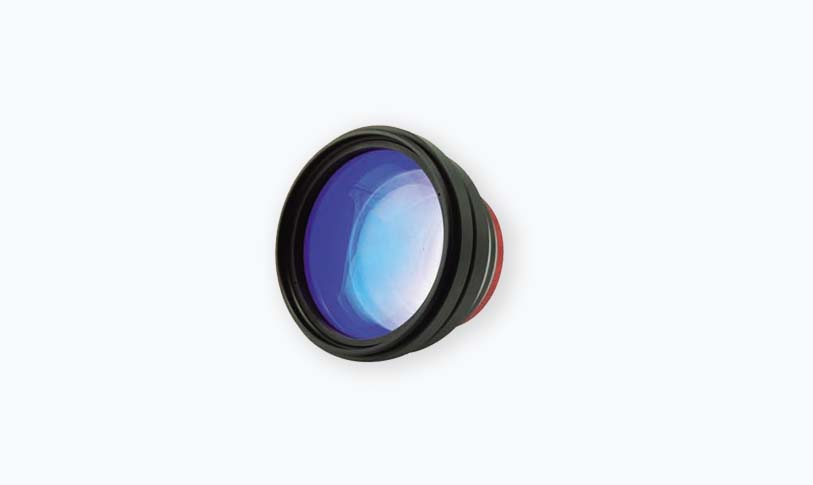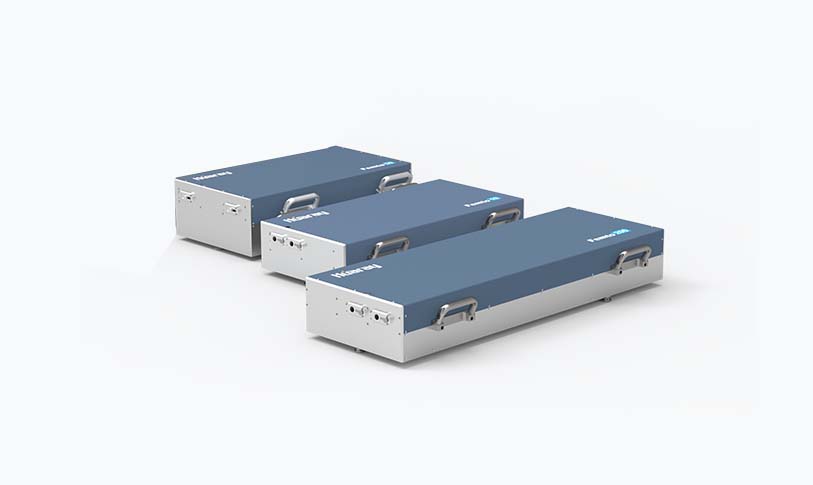In recent years, the advancements in laser technology have transformed the manufacturing landscape, enabling high precision and efficiency in various applications. Among these advancements, the 2 kW laser has emerged as a popular choice in many industries, providing an optimal balance of power and versatility. This article explores the features, applications, and advantages of 2 kW lasers, highlighting their role in modern manufacturing processes.
Understanding the 2 kW Laser
A 2 kW laser refers to a laser system that operates at a power output of 2 kilowatts. This power level is significant enough to handle various materials effectively while remaining compact enough for a range of applications. Common types of lasers that can produce this power include fiber lasers, CO2 lasers, and solid-state lasers. Each type has unique properties, thereby diversifying the applications of 2 kW lasers across different sectors.
Advantages of 2 kW Lasers
1. **High Precision and Speed**: One of the primary benefits of 2 kW lasers is their ability to cut, engrave, or weld materials with exceptional precision. The focused beam allows for intricate designs and sharp edges, making it ideal for industries that require accuracy, such as aerospace and automotive manufacturing. Additionally, the high power output enables faster processing speeds, increasing overall productivity.
2. **Versatility**: 2 kW lasers can work with a wide range of materials, including metals, plastics, wood, and ceramics. This versatility makes them suitable for various applications, from cutting sheet metal in automation to engraving intricate designs on wood or glass.
3. **Reduced Heat Input**: Compared to other cutting methods, laser cutting generates less heat, which reduces the risk of warping and damage to the materials being processed. This characteristic is particularly advantageous when working with thinner materials or materials sensitive to heat.
4. **Low Operating Costs**: The use of a 2 kW laser can lead to significant cost savings for manufacturers. The efficiency of the laser process translates to reduced material waste and lower energy consumption compared to traditional cutting techniques. Furthermore, laser systems require less maintenance, extending their lifespan and reducing downtime.

Exploring the Versatility and Efficiency of 2kW Lasers in Modern Manufacturing: A Comprehensive Guide
Applications of 2 kW Lasers
1. **Metal Fabrication**: The metalworking industry utilizes 2 kW lasers extensively for cutting and welding processes. The ability to cut through thick sheets of metals such as stainless steel, aluminum, and mild steel makes these lasers indispensable in creating components for machinery, vehicles, and structural applications.
2. **Textile Industry**: In the textile sector, 2 kW lasers are used to cut fabric with precision and speed. Lasers can create intricate patterns that are difficult to achieve with traditional cutting methods, providing a competitive edge in fashion and design.
3. **Sign Making**: The ability to engrave and cut materials like acrylic, wood, and metals allows sign manufacturers to create eye-catching displays with unparalleled detail. 2 kW lasers can handle both small badge productions and large storefront signs efficiently.
4. **Sheet Metal Processing**: In industries involving sheet metal work, 2 kW lasers are used for creating air ducts, frames, and other components. The precision cuts reduce the need for secondary processing and help maintain the integrity of the material.

Exploring the Versatility and Efficiency of 2kW Lasers in Modern Manufacturing: A Comprehensive Guide
5. **Research and Development**: In R&D settings, 2 kW lasers can be employed to prototype new designs quickly. The flexibility in adjusting power settings allows researchers to experiment with varied materials and designs with minimal investment in time and resources.

Exploring the Versatility and Efficiency of 2kW Lasers in Modern Manufacturing: A Comprehensive Guide
Conclusion
The 2 kW laser has proven to be a game-changer in modern manufacturing, thanks to its unique combination of power, precision, and versatility. Industries across the board are leveraging the capabilities of this advanced laser technology to enhance their production processes, meet stringent quality standards, and maintain competitiveness in an ever-evolving market. As technology continues to advance, it is likely that the applications and capabilities of 2 kW lasers will expand further, reinforcing their vital role in the future of manufacturing.laser controller software
